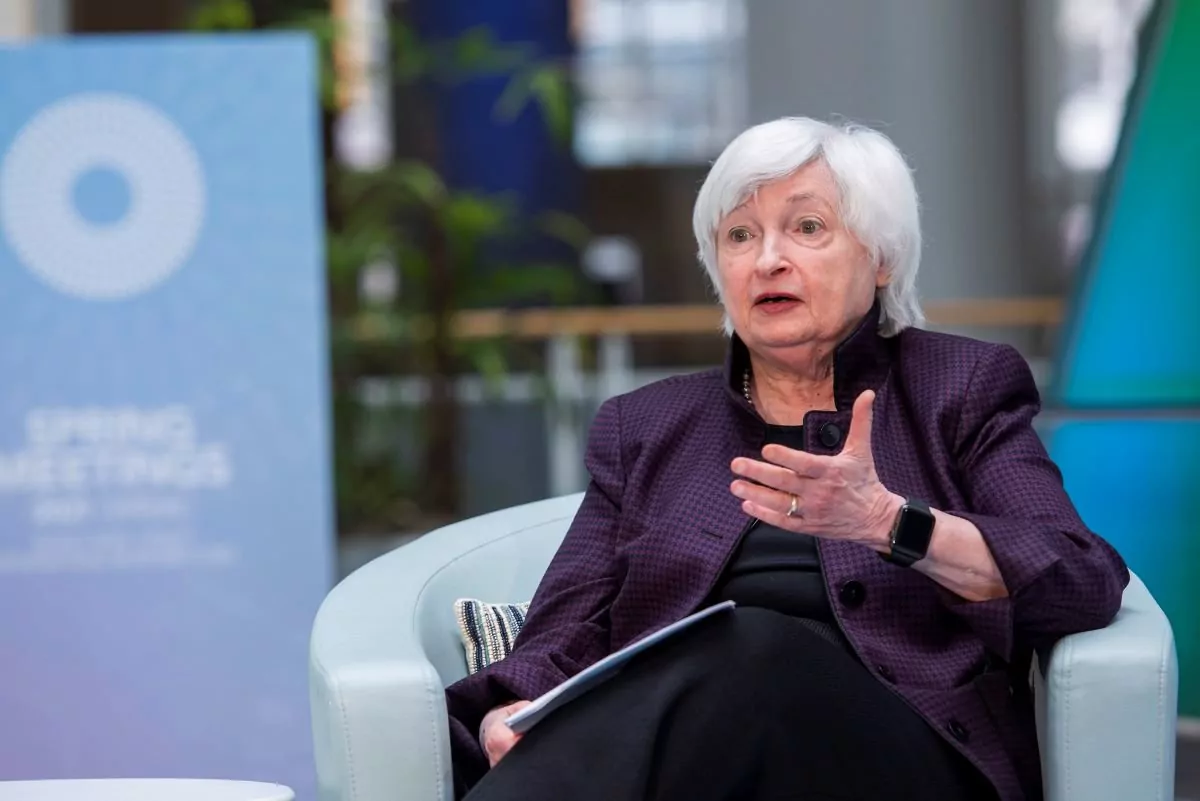Last week, the U.S.’s Financial Stability Oversight Council (FSOC) published its much anticipated “Report on Climate-Related Financial Risk”. It “identifies climate change as an emerging threat to U.S. financial stability”—a first for this body.
The FSOC, chaired by U.S. Treasury Secretary Yellen, was established in the wake of the 2008 Financial Crisis to convene the heads of the U.S.’s fragmented ecosystem of financial regulators, and monitor for macro-financial stability risks. FSOC is not a regulatory authority, but a soft-mandate coordination mechanism across regulatory bodies. It has historically issued recommendations by consensus, although it is not legally bound to do so.
In May, President Biden issued an executive order directing his administration to develop a strategy on macro-financial climate-related physical and transition risks. Section three directed Yellen to “engage” with FSOC members to issue a report on existing efforts and recommendations for action by FSOC to mitigate climate-related financial risks.
This final report stands as a consensus document. It represents views endorsed by all FSOC member agencies (except for one abstention, from FDIC Chair Jelena McWilliams, on grounds that FSOC members had insufficient time to properly evaluate the report’s recommendations).
FSOC report on climate risks – main takeaways
The report contains over thirty recommendations directed at its constituent agencies. It is a first, important step by the U.S. in directing them to address climate-related risks. The focus is on the imperative to address physical and transition macro-financial stability risks. It notes that “the need for better data and tools cannot justify inaction, as climate-related financial risks will become more acute if not addressed promptly.”
The primary recommendation is the creation of an FSOC staff-level Climate-related Financial Risk Advisory Committee, which will set a risk mitigation agenda and coordinate information sharing and action harmonization across FSOC. It would publish updates at least semi-annually.
Further recommendations ask FSOC members to:
- “Consider” enhancing public reporting requirements for climate-related risks, building upon the core elements of the Taskforce on Climate-related Financial Disclosures (TCFD). It is explicitly stated that neither the existing regulatory requirements or voluntary frameworks have led to “comparable, consistent, and decision-useful climate-related disclosures” across U.S. companies and financial institutions. Whilst not prescriptive in directing regulators to specifically align with TCFD, alignment with TCFD recommendations compares the advancement of climate-related disclosures in the UK and EU to those in the U.S.
- Undertake scenario analysis, recommending frameworks developed by the Network for Greening the Financial System and the Financial Stability Board, and that members coordinate with international counterparts to monitor global physical and transition risks. It explicitly notes that scenario analysis is not stress-testing which is short-term and implies supervisory and regulatory changes in accordance with findings. Scenario analysis may be “exploratory” in nature and assess across longer and more speculative horizons.
- Review supervisory and regulatory programs and, where appropriate, “enhance” risk management requirements.
Importantly, the report also recognizes the need to “enhance cooperation in international forums”, encouraging members to “engage with their counterparts (…) to ensure a level playing field, and to avoid regulatory arbitrage”. The report also “welcomes” the work of the IFRS in laying the groundwork for the formation of an international sustainability standards board (ISSB).
However, the report’s recommendations remain broad, without a concrete course of action or timeline. This was expected, given the function of FSOC and the consensus nature of the report. Concrete action may come from FSOC’s future Climate-related Financial Risk Advisory Committee or from its constituent agencies.
Next steps
As regulators take up this agenda, it will be critical for the U.S. to engage with its international counterparts and champion a strong regulatory agenda globally to address climate-related risk.
The report emphasizes a dual concern with mitigating physical and transition risk to ensure an orderly transition to net-zero. Beyond ambitious financial regulatory reform, ensuring this orderly transition would require tightened monetary-fiscal coordination and harmonization of monetary policies with green industrial policy, amongst other actions. Critically, moving forward, FSOC members should coordinate, not only with each other but with other key economic and financial actors in the U.S..


